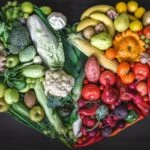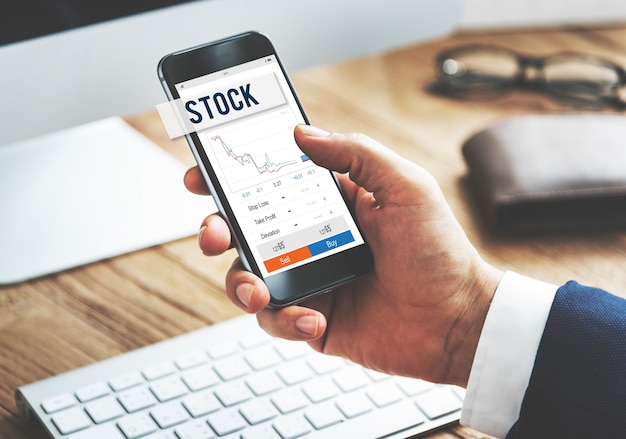There are unique vegan tips for beginners if you’re looking to start a vegan journey. Nutrition is an important aspect of health and well-being. A vegan diet is free of animal products, including eggs and dairy.
These foods are considered the healthiest because they don’t increase the risk of heart disease and other illnesses. For some people, going vegan is about health and the environment. Still, it’s about animal rights for others.
Become an insider. Subscribe to our newsletter for more top trending stories like this!
Others say, going vegan is about spirituality. Veganism has many faces, but it all speaks of a desire to live in harmony with nature. But how exactly do you go about it? Read this article to learn the steps and everything you need to know to start your vegan journey.
Getting Started – 9 Vegan Tips for Beginners
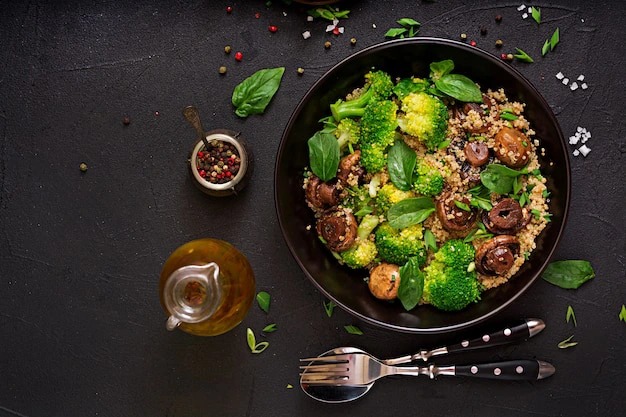
Be Intentional
It’s one thing to love the idea of going vegan, and it’s entirely another to embrace the desire to go vegan. Like every goal or activity, you need to be clear about your purpose. Hence, the first vegan tip for beginners is to cultivate the ability to go vegan, consciously. That helps you to be resolute in your goal while embracing flexibility here and there.
Start With an Open Mind
The first few days or weeks of your vegan journey can be overwhelming. However, understand that you need to possess the possibility mindset. While you’ll face many setbacks, you’ll win with the right attitude.
Clear Your Freezer
Carefully review your pantry and freezer. Does it contain dried pasta, rice, potatoes, and other foods with a meat-based flavor? If this is the case, you won’t ever feel tempted to try these meals.
Also, maintain a steady supply of nutritious leafy greens like kale, spinach, collards, and other vegan-friendly sauces, in your pantry.
Extra Cooking Time and Planning
For novices, starting a vegan path takes time to be successful. Planning, organizing, and preparing a wholesome vegan diet will need more of your time.
Creating meals entirely out of veggies will be an entirely new notion for the majority of people, and it’ll take more preparation and effort in the kitchen. You can maintain your diet by planning your meals.
You could schedule tofu scramble for breakfast, collard wraps or beans for lunch, veggies and hummus for a snack, and chickpea curry for supper, for instance. Then you can prepare some meals in bulk and purchase everything you need at the start of each week.
Get Rid of Convenient Food
Although a vegan diet may first be difficult for you, rest assured they’re the healthiest you could ever want. Resist the inclination to stick to a frozen vegan diet, such as frozen pizza, vegan burritos, veggie burger patties, and prepared meals.
These aren’t usually healthy and can make a happy eater feel less delighted. Even regular frozen food is bad. Avoid them.
Stock All Kinds of Vegetables
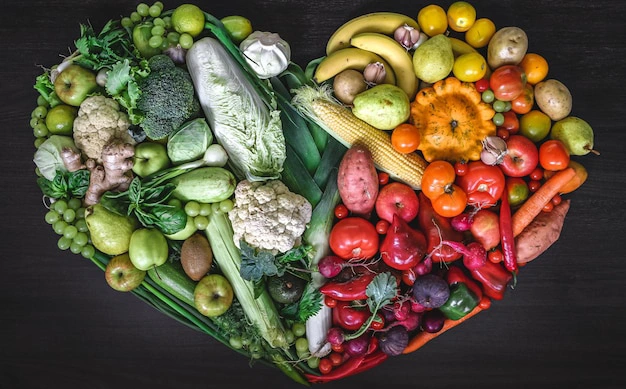
If you used to eat meat before going vegan, you’ll probably find yourself gravitating toward the simple options—the steak or the burger—and avoiding the frequently more fascinating vegetable-based options.
Instead, stroll around the vegetable aisle and stock up on a variety of vegetables that you would not otherwise eat. On the other hand, you’ll have a more varied diet and as a result, love your vegan meals.
Pack Food on Your Trips
Traveling as a new vegan, you could feel overwhelmed by the choices. Pack food if you’re going on a road trip. Always keep a supply of snacks and emergency supplies on hand. In a situation where you discover that individuals are not vegan like you, some fresh fruit, a delicious salad, or even a trail mix can be a lifesaver.
Don’t Judge Others
It’s possible to disagree with someone’s choice of diet without judging them. The truth is, we all have one flaw or the other. Rather than lecturing, the best approach to influencing others is to show them by example.
Why not bring some vegan food over or treat your colleagues to a vegan meal? If you want to change and keep your friends in the process, you must acknowledge that not everyone is at the same point in life as you are and that not everyone shares your set of moral principles.
Consult Your Dietician or Doctor
No matter what type of diet you follow, deficiencies may result if you aren’t consuming balanced meals. Speaking with a dietician is the best method to learn what’s best for you.
As you start your vegan journey, a doctor can advise you on vitamins. You’ll probably need a B12 supplement, but until you go to the hospital, you won’t know if you also require anything else. Start taking supplements if you have any deficiencies, and have your blood examined again in about three months to be sure the supplements are working.
What Does Vegan Mean?
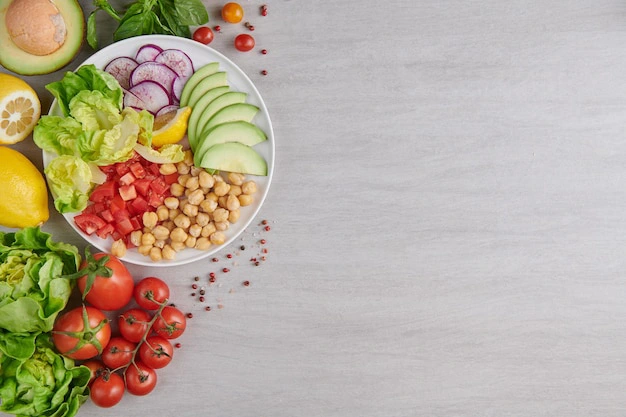
Many people believe that veganism is only about food, however, it encompasses much more. A vegan lifestyle tries to avoid all forms of animal abuse and exploitation.
This includes not buying any things tested on animals or containing animal products, and refraining from eating anything that has substances derived from animals.
This entails, among other things, exclusively purchasing vegan-made clothing, cosmetics, and personal care items.
For beginners, going vegan can be intimidating because it can be challenging enough to switch your diet. Never mind having to check the labels of every item you purchase.
Why Do People Go Vegan?
A vegan diet excludes all animal products, such as eggs and milk. There are unique reasons why people go vegans, including:
To Reduce Animal Exploitation
One of the vegan tips for beginners is to avoid meat. When you go vegan, you’re reducing animal cruelty and the number of animals exploited to end up on your plate. Although it might not seem like you’re contributing, you are.
For The Planet
Compared to the production of plant-based foods, animal agriculture requires more water and emits more greenhouse emissions. Therefore, eating veganism or cultivating your plant-based food is good for the environment.
For Health Reasons
A vegan diet is popular for health reasons. There are long-term health risks associated with excessive meat consumption, but there are also manufactured vegan meals that are dangerous. If you eat these vegan frozen foods in excess, you can gain weight.
Going vegan is the best way to start cutting off meat and dairy, which can ultimately enhance your health.
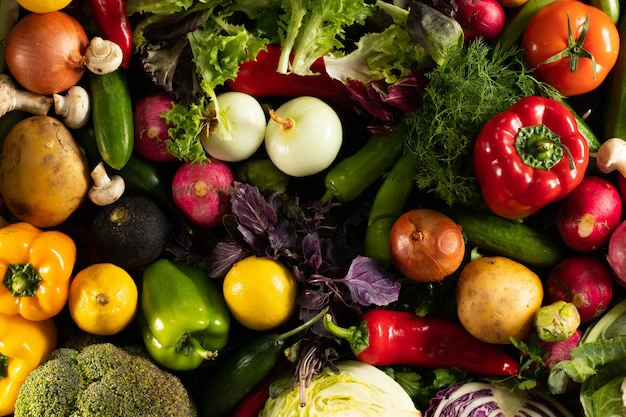
Eating a diet centered primarily on whole plant foods and avoiding processed foods like oil sugar, and animal products, is what makes veganism so healthy.
What Are Some Vegan Diets for Beginners?
| You can eat | Vegan protein sources |
| Vegetables | Lentils |
| Fruits | Chickpeas |
| Nuts or peanuts | Other beans |
| Plant-based milk | Tofu |
| Cheese alternatives | Tempeh |
| Legumes | Edamame |
| Beans | Seitan |
| Seeds | Hemp seeds |
| Healthy packaged items for vegans | peanut butter |
| Tofu | oats |
| Soy | Brown rice |
| Walnuts | Chia seeds |
| Whole Grains | Barley |
| Almonds | Quinoa |
What Are the Foods and Ingredients to Avoid?
Below is a list of foods or diets to avoid part of the vegan tips for beginners.
- Milk
- Butter
- Mayonnaise
- Ice cream
- Yogurt
- Cheese
- Eggs
- Meat
- Poultry
- Fish or any seafood
- Honey
- Gelatin
- Casein
- Shellac
- Carmine
- Vitamin D3 (these can come from a vegan source, but it often comes from lanolin)
- Natural flavor (this could be vegan, but you would likely have to contact the company that makes the product to be 100% sure if the product isn’t labeled as vegan)
- Sugar (this is sometimes processed with bone char, but organic sugar is vegan)
Additionally, because whey, marshmallows, and chewing gum are made from animal by-products, as a vegan, strive to avoid them as well.
You might be surprised at how subtly animal products are used in some cuisines. There is milk powder in the chips. These are just a few deceptive things to watch out for. Pesto frequently contains parmesan, and bread has been egg-coated to make it shine.
What Are the Benefits of Going Vegan?
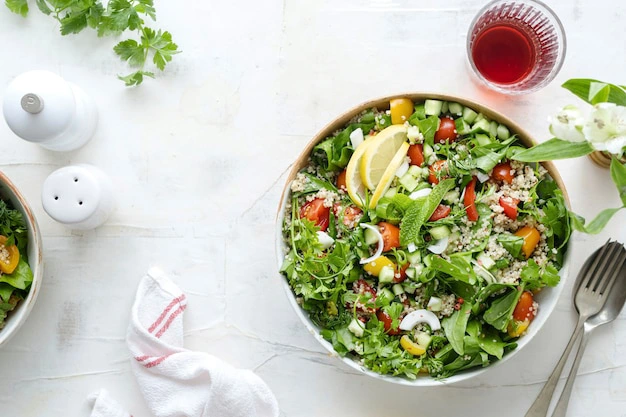
Going vegan provides advantages for the environment, ethics, and health. The most significant ones are listed here.
Improves Your Health
The decision to go vegan enhances your health because it’s healthier and has fewer illnesses. You’re likely to live 7 years longer as a male and 5 years longer as a female, according to a study.
A plant-based diet can also lower blood pressure and cholesterol levels, reducing your risk of diseases such as obesity, heart disease, diabetes, and Alzheimer’s.
Become an insider. Subscribe to our newsletter for more top trending stories like this!
All patients with the aforementioned conditions should follow a plant-based diet, according to a study by the US National Library of Medicine and the National Institutes of Health. This may lessen the need for medicines, they said.
Reduces Obesity
A plant-based or vegetarian diet can promote weight loss and reduce your Body Mass Index (BMI). Most of the patients you’ll see in hospitals have ailments that can be avoided. One of them is obesity. Numerous other health issues are caused by obesity. Eating vegan prevents these.
You Feel Happier with a Vegan Diet
Additionally, a diet that has little environmental impact and does not support animal agriculture makes you feel better mentally and emotionally.
Help Combat Climate Change
The most significant thing each individual can do to mitigate climate change is to adopt a vegan diet.
The primary source of deforestation, rather than the animals themselves, is the land used to raise the food needed for the animals. Many species have experienced mass extinction due to the excess level of carbon in the atmosphere driven by habitat destruction.
Saves Water
Animal agriculture uses over 70% of the world’s freshwater, according to Oxford Academic BioScience. Just 1 kilogram of cereal grain requires around 1000 liters of water, whereas 1 kilogram of beef needs 43,000 liters.
All of the animal waste and excrement flow off to form enormous puddles of pollutants that enter the major rivers and streams and decimate the aquatic life there.
Saves Animals
Plants lack sentience, but animals are living things with thoughts and emotions.
When you think of farm animals, you probably imagine them lazing around in the grass and fields, enjoying the sunshine. In reality, the animals used to produce 99% of the meat on your plate are housed in incredibly small quarters that are practically segregated into pens in a huge shed.
Join our Spotcovery Global Black Community Facebook Group for early access to exclusive content and share in a lively discussion.
Can I Take Supplements in My Vegan Journey?
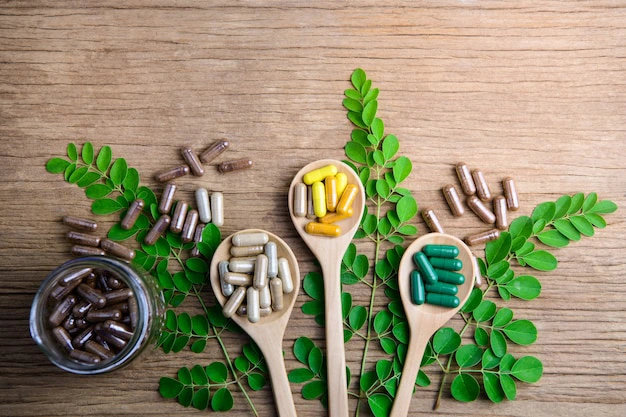
Is the body getting adequate vitamins and minerals from a plant-based diet? This is one of the most frequent questions people have. Recognize that you need supplements if you’re a vegan. Here are two recommendations:
B12
You need vitamin B12 to stay healthy. It contain nutrients to helps create red blood cells and, if insufficient, can lead to neurological issues.
B12 was once present in the soil. However, food is now pasteurized, sanitized, and sprayed. Both animal and plant-based products fall under this category.
You don’t need to take a supplement when eating meat because animal meals have been injected and fortified with B12 throughout their lives.
However, it’s advisable to take a supplement when consuming a plant-based diet.
Adults should consume 2.4 mcg per day, pregnant women should consume 2.6 mcg daily, and nursing mothers should consume 2.8 mcg daily.
Vitamin D
It’s possible to consume fat-soluble vitamin D as a dietary supplement and from the sun’s rays. The body uses it to absorb calcium.
In addition to this, a healthy diet includes foods of all the colors of the rainbow.
How to Deal with Awkward Social Situations
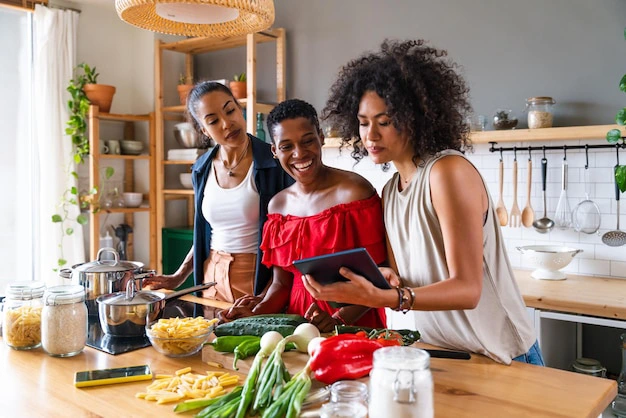
Consider your alternatives in advance if you plan to eat out with friends who aren’t vegans. You might make recommendations for restaurants that serve vegan food or make a call to the eatery everyone is going to ask if they would be prepared to substitute vegan options for their current menu items.
If a non-vegan friend invites you to dinner, it’s acceptable to call and inform them you’re vegan; nevertheless, they shouldn’t be concerned because you’ll bring vegan cuisine. Ask if they’re okay with that.
Diet-related conversations will inevitably arise, and stating that you are vegan is more difficult than stating that you have allergies. Don’t criticize others in such discussions, but clarify why you chose this way of life.
Are There Documentaries on Vegan Tips for Beginners?
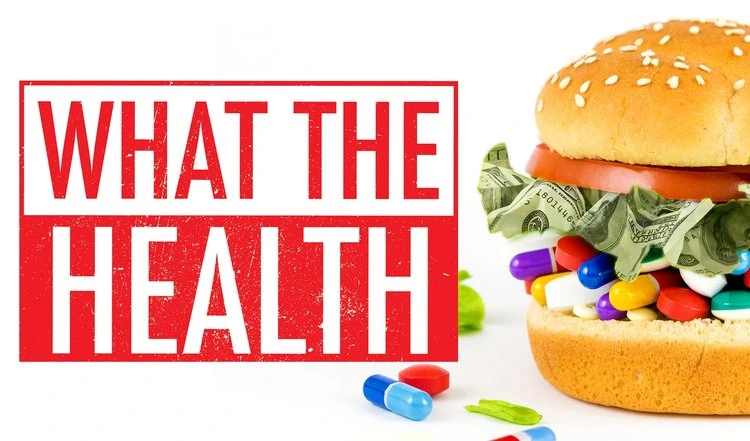
There is a wealth of material available on the advantages of eating a more plant-based diet if you’d like to learn more about making the switch to a vegan diet; you simply need to know where to look.
There are several documentaries, vegan society, and vegan recipes widely available on Netflix or YouTube; these include
It feels deep to transition from a diet high in meat and dairy to one that’s plant-based. I hope these vegan tips for beginners make the journey easier to start.
Frequently Asked Questions (FAQs)
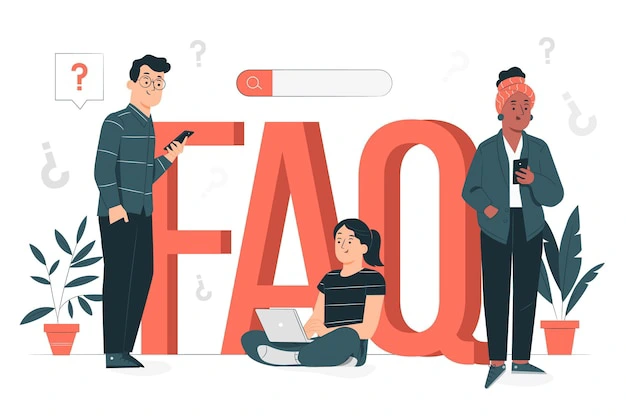
Q: What should a vegan eat for beginners?
A: You can eat vegetables, fruits, grains, legumes, nuts, seeds, plant-based kinds of milk, and cheese alternatives.
Q: How do I start my vegan journey slowly?
A: Choose a few plant-based meals, then alternate them throughout the week. Start with dishes you’ve always loved that also happen to be vegans, such as oatmeal, pasta primavera, jacket potatoes, veggie stir-fries, bean and rice burritos, lentil stew, and three-bean chilli.
Q: Do vegans age prematurely?
A: Even though adopting a vegan diet has many positive health effects, doing so won’t always affect how quickly or slowly you age.
Q: What do vegans do to the brain?
A: A prospective randomized study of nutrition intervention for 18 weeks showed greater productivity at work with reduced sadness and anxiety on a plant-based diet, which is in line with research showing decreased stress and anxiety in vegans.
Q: Is vegan food more expensive?
A: Contrary to popular belief, eating a whole-food plant-based diet is not expensive. Because purchasing manufactured vegan meals like vegan brats and vegan burgers may be highly expensive, the idea that following a plant-based diet is expensive has spread.
Read Also: How to Grow Vegetables at Home in Pots (10 Essential Tips!)
Nearly 80% of consumers visit directories with reviews to find a local business. List your business for free in our exclusive Spotcovery Black-Owned Business Directory.
Spotcovery offers unique and fresh daily content on Black culture, lifestyle, and experiences. We talk about everything black, black people, black-owned and black-owned businesses. We also deliver authentic and relevant content that will inform, inspire, and empower you! The future of black media is critical to today’s black experience! Our primary audience includes African Americans, Africans, Afro-Caribbean, and people of African heritage. Black culture is for the culture!
Become an insider. Subscribe to our newsletter for more top trending stories like this!


